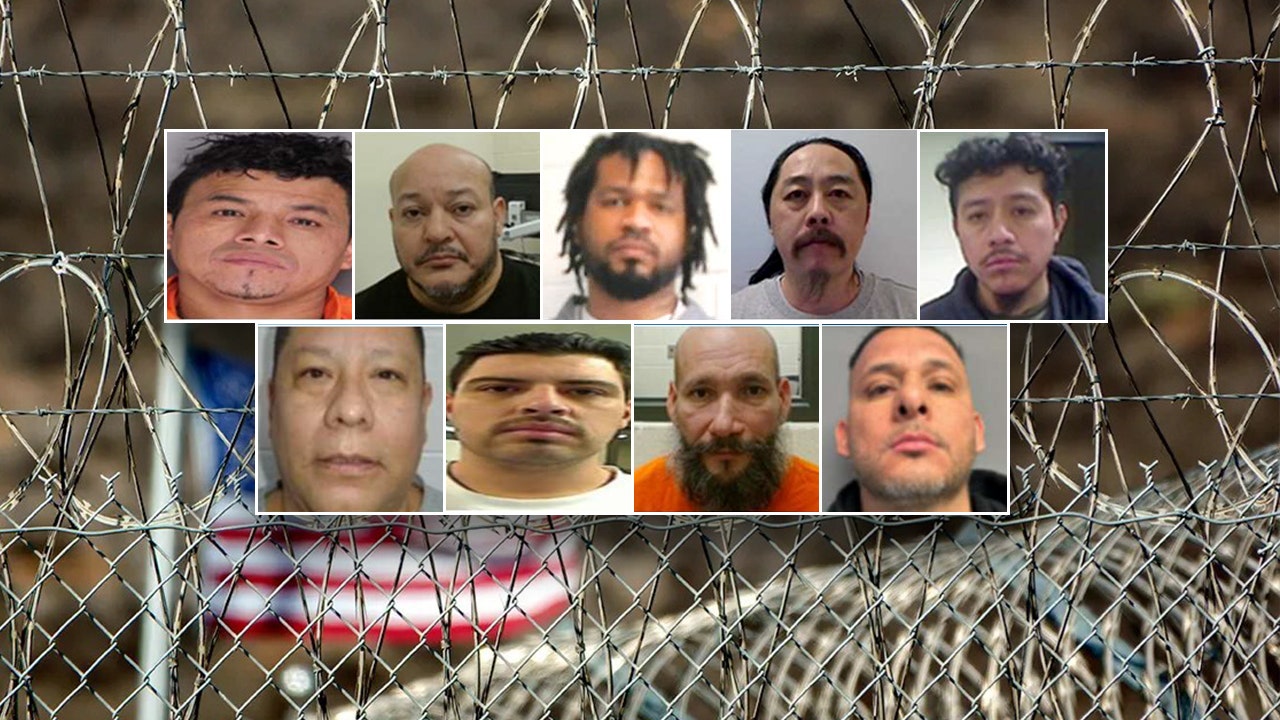This morning’s Gospel reading is Luke 14:25–33:
Great crowds were traveling with Jesus, and he turned and addressed them, “If anyone comes to me without hating his father and mother, wife and children, brothers and sisters, and even his own life, he cannot be my disciple. Whoever does not carry his own cross and come after me cannot be my disciple. Which of you wishing to construct a tower does not first sit down and calculate the cost to see if there is enough for its completion? Otherwise, after laying the foundation and finding himself unable to finish the work the onlookers should laugh at him and say, ‘This one began to build but did not have the resources to finish.’ Or what king marching into battle would not first sit down and decide whether with ten thousand troops he can successfully oppose another king advancing upon him with twenty thousand troops? But if not, while he is still far away, he will send a delegation to ask for peace terms. In the same way, anyone of you who does not renounce all his possessions cannot be my disciple.”
Did Jesus really teach His disciples on the necessity of ‘hate’? Indeed He did, and it is indeed jarring to read. However, Jesus isn’t truly advising hatred. Instead, He is preaching to us about the necessity of decision in the light of salvation. In doing so, Jesus uses the rhetorical methods of the time in Hebraic and Greek society, seen throughout the New Testament, of emphasis through extremes to deliver a powerful message.
And, in fact, Jesus taught this lesson more than once. In Matthew 10:34-36, Jesus tells His disciples that His Word would not bring unity but division, right down into the families of those evangelized to it. This setting differs from that in our Gospel reading from Luke, which takes place as a speech before “a great crowd.” In Matthew, Jesus teaches this to the disciples more privately before sending them out in pairs to go out on mission:
“Do not think that I have come to bring peace to the earth. I have not come to bring peace, but a sword. For I have come to set a man against his father, and a daughter against her mother, and a daughter-in-law against her mother-in-law. And a person’s enemies will be those of his own household. Whoever loves father or mother more than me is not worthy of me, and whoever loves son or daughter more than me is not worthy of me. And whoever does not take his cross and follow me is not worthy of me. Whoever finds his life will lose it, and whoever loses his life for my sake will find it.[“]
Note that in this passage, Jesus doesn’t use the word ‘hate’ at all, but rather describes how His Word will impact people living in a fallen world. Jesus puts the exact same choice in terms of love rather than in terms of ‘hate’ as He does in Luke. Which will we choose to love — Jesus or others, whether the latter are people or material goods, or other causes?
Can we love both? Of course, and it becomes even more complicated for followers of Christ because Jesus urges us to do exactly that. As we discussed in last week’s reflection, one of the most difficult teachings — indeed, a commandment — from Jesus is the demand that we love our enemies as ourselves. In Luke, then, why did Jesus say to ‘hate’ our own family members?
Both passages teach the same lesson, however, only using different terms: it’s about priority and decision. We should love Jesus, our families, our neighbors, and even our enemies, but all of these are not equal in priority. What will we choose to prioritize? Jesus is, after all, the Way and the Truth and the Life of salvation. Those who choose anything else, even family members, over eternal salvation will not be worthy of Jesus in the final judgment.
Or to put it another way: We love through Jesus and the Holy Spirit, because God is love. Those who oppose the Lord choose to live outside that love, and therefore outside of our priority. We may still love those who do, but our priority is the Lord, and salvation is through His love, not the love of others.
‘Hate’ still sounds like the antithesis of Jesus’ teachings, so let us consider the interplay between ‘love’ and ‘hate.’ We see them as binary opposites in most cases; Jesus Himself uses them rhetorically in this fashion. But are ‘love’ and ‘hate’ diametrically opposed to each other in practice? Many people would tend to look on both, especially in some of the ways we define ‘love,’ as more related through passion than opposed. In our world, ‘hate’ involves one almost as much with the person or object being ‘hated’ as ‘love’ might. Hatred imposes its own priority on attention and energy, with destructive consequences, to be sure. Both stir passions and create behavior that can border on the irrational — or worse.
So if ‘hate’ isn’t the diametric opposite of ‘love,’ what is? I would argue that the opposite of ‘love’ is actually indifference. Both love and hate engage the passions; indifference completely disconnects us from the subject/object in terms of passion, thought, and energy.
Nor am I alone in this thinking. Marcus Aurelius wrote of the necessity of “indifferency” in his Meditations, a classic philosophical treatise on Stoicism that is well worth reading in full. In his Eleventh Book in Meditations, the Roman emperor advised that happiness depended on choosing indifference, especially to that which truly did not matter to true happiness:
To live happily is an inward power of the soul, when she is affected with indifferency, towards those things that are by their nature indifferent. To be thus affected she must consider all worldly objects both divided and whole: remembering withal that no object can of itself beget any opinion in us, neither can come to us, but stands without still and quiet; but that we ourselves beget, and as it were print in ourselves opinions concerning them. Now it is in our power, not to print them; and if they creep in and lurk in some corner, it is in our power to wipe them off. Remembering moreover, that this care and circumspection of thine, is to continue but for a while, and then thy life will be at an end. And what should hinder, but that thou mayest do well with all these things? For if they be according to nature, rejoice in them, and let them be pleasing and acceptable unto thee. But if they be against nature, seek thou that which is according to thine own nature, and whether it be for thy credit or no, use all possible speed for the attainment of it: for no man ought to be blamed, for seeking his own good and happiness.
The same argument forms the basis of the theological approach of St. Ignatius of Loyola. He called for detachment from anything that might obstruct the path to salvation, which St. Ignatius called “Holy Indifference.” By letting go of what either doesn’t advance my path to salvation or actively obstructs it, I can use my resources to engage with what does advance my path to Jesus and Heaven.
This does not mean apathy per se; it does not absolve us of our requirements for charity and ministry, for instance. In fact, the formation of “holy indifference” calls us to closer relationship with the Lord, which orients us more to charity within and without. However, that orientation is similar to Marcus Aurelius’ Stoicism, in which anything that impedes or does not advance us toward happiness in the Lord is to be put aside — not with force or with uncharitable means, but simply put out of mind or off our priority list.
And this is what Jesus called His disciples to model. Recall that He instructed them to live among those they evangelized, subsisting on the hospitality of others in the most humble of fashions. If they refused, Jesus didn’t instruct the disciples to demand fires, floods, storms, and other woes onto their heads. They were simply to leave to take the Word to others, and shake the dust of those places from their sandals. Jesus wanted them to put those communities out of their minds, not to hold grudges, so that His Word may find other ways to reach those people who rejected His missionaries.
Just walk away. That’s all.
That’s not as easy to do with family members, friends, and other people and objects that may impede your path to salvation. And it usually doesn’t require walking away entirely anyway, but rather putting them in proper perspective to your love in the Lord. We hope that the Lord will find ways to redeem all that can be redeemed — and we may need to accept that we aren’t His instrument in those instances. We can still love them with all of that in mind, as we are called to do even for our enemies. However, we must love Jesus enough to trust these issues to Him, and keep those issues from derailing our own faith journey.
Previous reflections on these readings:
The front page image is a statue of Marcus Aurelius located in Rome.
“Sunday Reflection” is a regular feature that looks at the specific readings used in today’s Mass in Catholic parishes around the world. The reflection represents only my own point of view, intended to help prepare myself for the Lord’s day and perhaps spark a meaningful discussion. Previous Sunday Reflections from the main page can be found here.
Editor’s note: We now have the room to run syndicated commentary by some of our favorite and most provocative thinkers on the Right. That only happens because of the support of our readers, who ensure that we have the resources to keep providing an independent platform and independent voices in a sea of Protection Racket Media domination.
Help us maintain that fight! Join Hot Air VIP and use promo code FIGHT to get 60% off your membership.
Read the full article here






![Media Forced to Take Notice as Trump’s Admin Sets Another Tariff Record [WATCH] Media Forced to Take Notice as Trump’s Admin Sets Another Tariff Record [WATCH]](https://www.rvmnews.com/wp-content/uploads/2025/09/2025.09.07-12.14-rvmnews-68bd771a9d773.jpg)
![Catherine O’Hara, ‘Home Alone’ Star and Emmy Winner, Dies at Age 71 [WATCH] Catherine O’Hara, ‘Home Alone’ Star and Emmy Winner, Dies at Age 71 [WATCH]](https://www.boredtrashpanda.com/wp-content/uploads/2026/02/2026.02.02-01.35-boredtrashpanda-6980a83e47ddd.jpg)



